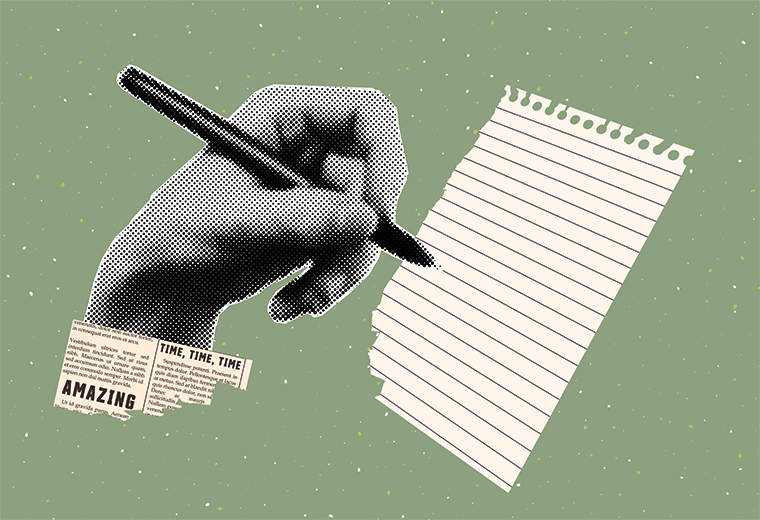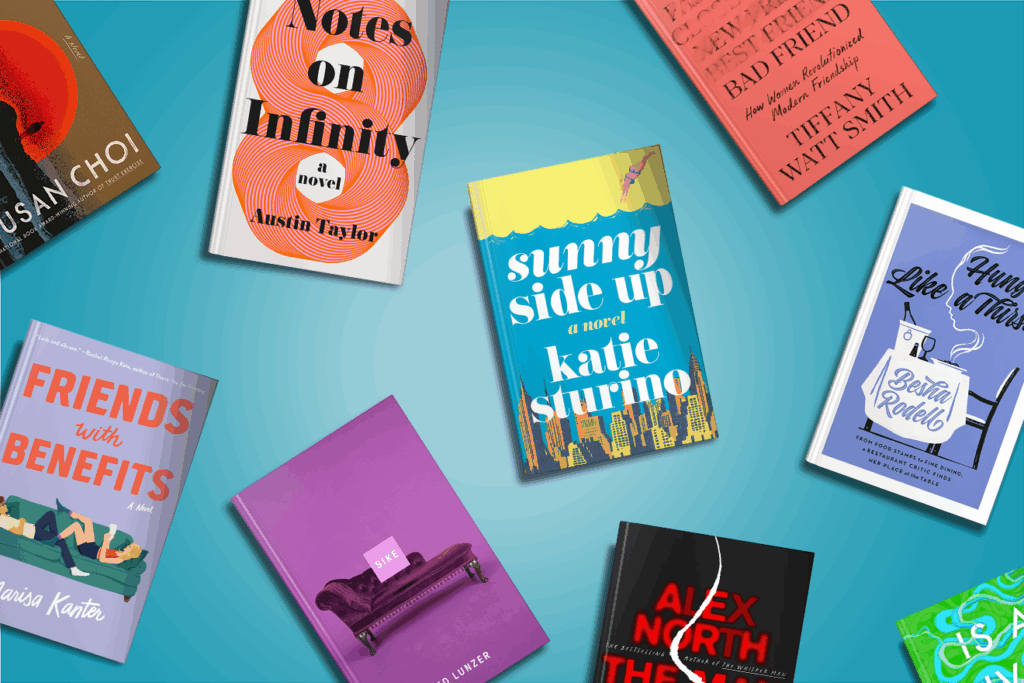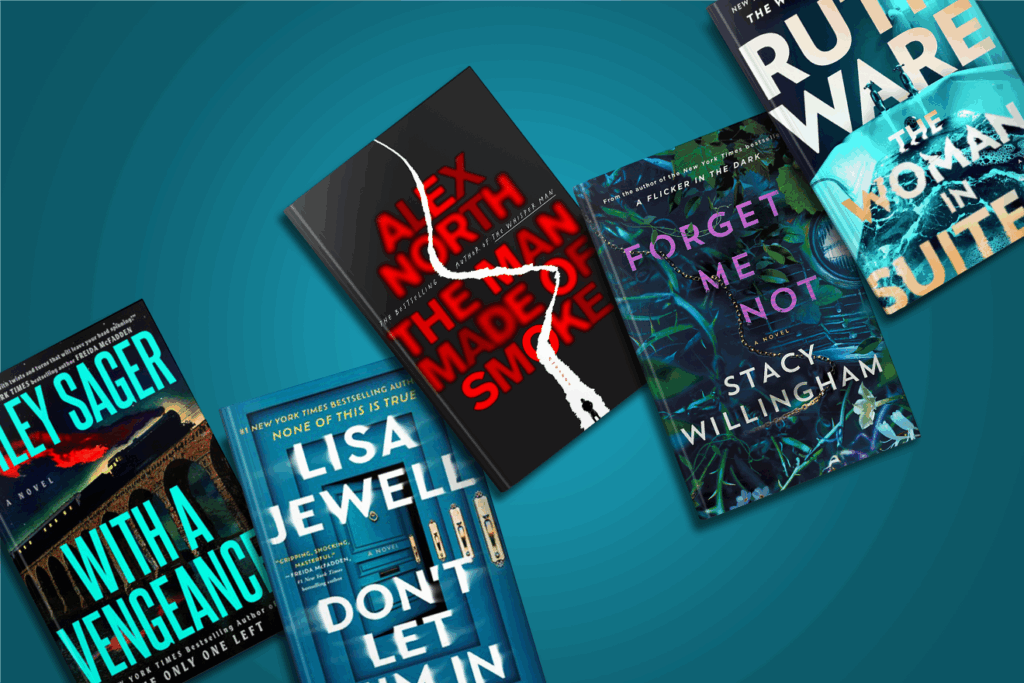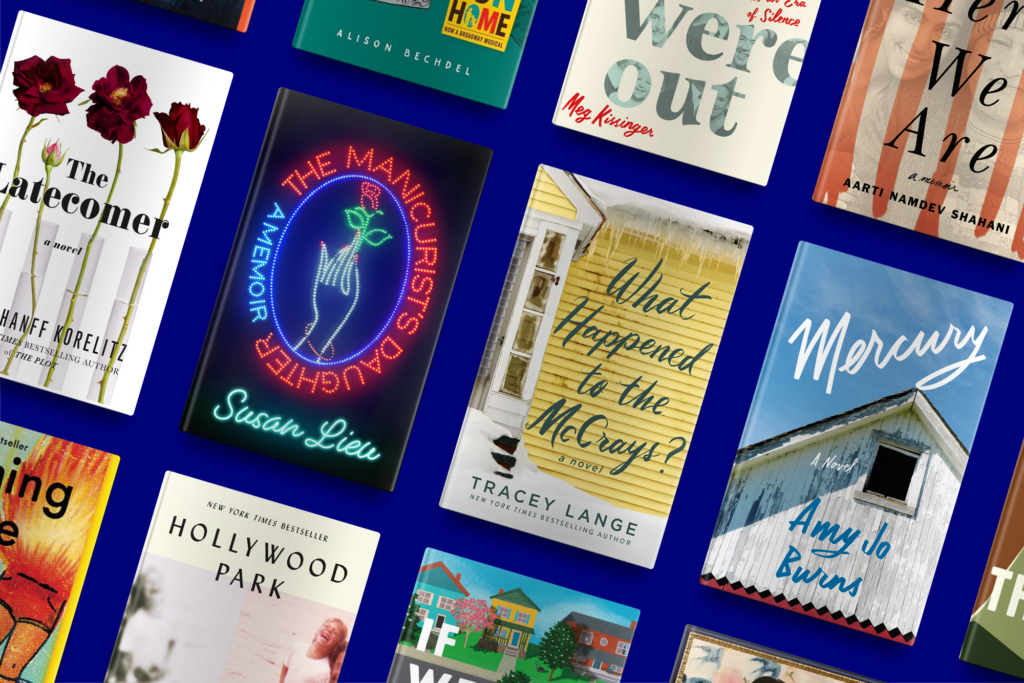By Stephanie Brown
You dreamed up an incredible story. You diligently wrote the manuscript. You’ve edited, revised, and sent your work-in-progress to trusted friends and colleagues for feedback.
Now what?
Unfortunately, you can’t just walk into a publisher’s office and sell them your manuscript. (Read more about Celadon’s submission guidelines here.) First, you need a literary agent. And to get a literary agent, you need to entice one to read your manuscript. And for that, you need to write a brilliant query letter.
If you’ve never heard of a query letter, don’t fret! We penned this easy-to-follow guide on drafting a strong query letter to help get you started. While it may appear daunting at first, the rules of the letter can be easily learned. And with enough hard work and determination, you just may get your manuscript one step closer to publication. Good luck!
What is a query letter?
A query letter is essentially a pitch about your writing project. It’s one page long, so it must quickly get across the essence of your story and why readers will want to buy it. It serves as both an introduction for your writing project and you as a writer.
A query letter often includes the story’s hook, word count, genre, and target demo, and why that agent would be a good fit for your specific story. You’ll also include a bio, which should signal why you’ll be a great author for the agent’s list and why you’re the only author who could have written this book.
While this may seem like a lot of information to fit into your letter, your query should not run more than one page, single-spaced, or around 300 words to 450 words total. Not just because brevity is the mark of a strong writer but also because agents and their assistants receive an overwhelming number of query letters a week. You need to capture their attention quickly.
How to write a query letter: A step-by-step guide
First things first: Do you need to have your book finished before querying an agent? It depends!
Fiction writers do need to have their writing project finished, polished, and ready to share should their query letter provoke a request. You don’t want to be caught off-guard if your dream agent writes you back right away.
Nonfiction writers usually write their book after it’s acquired by a publisher. However, to get an agent, you will need to present a strong overview of your book, why it’s important, and sample chapters that the agent can read.
For both fiction and nonfiction writers, be confident in the strength of your work, and the querying process will be a lot less stressful.
1. Do your research 🧐
Literary agents often have specific requirements for the queries they receive, and you want to make a good first impression by following them. Start with an outline of a query letter that you can tailor to each individual literary agent’s expectations. You can often find these guidelines on literary agency websites and sometimes by following agents or agencies on social media.
We encourage you to do additional research into your genre or subgenre. The internet and social media are full of writers offering advice. Just be sure to read widely, and don’t take any one piece of advice as gospel. What works for one agent may not work for another. You can also find a ton of sample query letters with a simple web search.
2. Start with a polite greeting 👋
Depending on your comfort level, you may want to use the agent’s first name or last name with an honorific. Try to get the vibe of the agency — are they more modern or traditional? Just be sure to double-check spelling and pronouns! First names are safer if you’re unsure what honorific the agent uses.
3. Explain your connection if you have one 🤝
If you’ve been referred by a client, author, or another industry insider, or if you met the agent somewhere, mention this briefly in your first line.
For example:
“I was told to reach out to you by , who said you were looking to sign historical fiction authors, and thought I would be a great fit.”
“We met a few weeks ago at and you suggested I reach out with more information about my latest YA novel manuscript.”
If you’re an established writer, you may start with a quick reminder of your work and who published it. New writers who don’t have a connection to the agent or name recognition should jump to their story hook right away.
4. Craft a killer hook 🎣
In the film world, this is called the “elevator pitch.” How do you capture someone’s attention with your unique story in as few words as possible? A good way to start is by visualizing your writing project’s future book cover: What does it look like? What mood does it evoke? What sets it apart from the other books on the shelf? Remember, your story’s hook is a pitch — so it’s okay if it simplifies the deeper nuances of the project. You just want to get them interested. The complexity comes later.
Here are a few more tips to crafting a killer hook in your query letter:
Get to the point
A hook should be two short paragraphs max. You don’t need to world-build or give in-depth character backstories. This is just a taste.
Explain who, what, how, and why
Who are your main characters? What do they want, and what stands in their way? How do they get it? Why does it matter? The best stories have unique characters, clear stakes, and conflict. These should all be clear in your hook.
Stick to the story
While an explanation of how you came up with the book idea may be perfect for your book tour, the query letter is not the time. The book should stand on its own. Focus only on the merits of the narrative you’ve written.
Grab their attention
Remember to make your pitch really shine! Agents get an overwhelming number of queries every week, so yours needs to stand out.
Remain professional
Remember not to go too overboard with the hook that it becomes unprofessional. If your book is comedic, your query should be lightly funny. If your book is a mystery, the language should reflect that. But, this is still a business letter and not an Instagram post.
5. Explain your book’s market 🎯
Now that they’re excited about your story, you want to tell them how your story fits into the current market. You’ll want to cover a few key points:
Target demographic
While it would be amazing if every single person in the world wanted to read your book, you want to narrow your target demo for marketing purposes and so your potential agent can get a sense of the book’s writing style. The target demo is generally your readers’ age range — adult, young adult, teen, tween, middle-grade, children — but can also mention identity markers like gender, sexual identity, racial identity, political affiliation, especially when pitching certain types of nonfiction books.
Comp titles
Comp is short for “comparative.” In other words, what current books share a similar target audience to yours? You may think of this in terms of recommendations: If someone is a fan of ________, then they’ll likely be a fan of my book. This isn’t a requirement, but it can serve as another tool for explaining the tone and style of your work. Stick to relatively well-known, current titles. Don’t compare your book to titles the agent has never heard of, nor should you brazenly call your book “the next Hunger Games.”
Word count
How long is your book? Keep in mind, especially if you’re a new writer, that you don’t want your book to be too long for its genre. It’s generally recommended to shoot for 70,000 words to 90,000 words for an adult book and 60,000 words to 80,000 words for young adult. The younger the audience, the fewer the words.
6. Tell them who you are 🧑🎨
Your bio paragraph comes next, and it should include relevant information — not your entire life story! Include previously published writing, applicable degrees, awards, life experience, and anything else that connects you to your writing or illustrates your ability and name recognition. For instance, if you’re writing a nonfiction book featuring deeply researched stories about Atlanta’s restaurant scene, your credentials as a former chef and PhD in American History are relevant. If you’re pitching a YA novel about summer camp, they won’t be — instead, the five years you spent running a New Hampshire summer camp will be useful information.
You want to answer the question: Why are you the best person to write this book? Highlight your strengths. Just be wary of overselling yourself — you want to come across as confident without being arrogant or bombastic.
7. Create and attach additional materials as requested 🖇️
In addition to the query letter, you may be asked to send a synopsis or chapter outline, sample pages, or a résumé. Refer to the agency’s querying guidelines, and follow them to a tee. Make mention of the attached requested documents at the end of your query letter.
8. Close with a formal thank-you 🤝
Make sure you close your query letter by thanking them for taking the time to consider your work. For example:
“I appreciate your consideration of my novel and look forward to hearing from you.
Sincerely,
”
9. Send out your letter ✉️💨
How many agents should you query? Volume is the name of the game. Like any highly competitive field, finding an agent comes down to numbers for most writers. You’re likely going to be rejected many times before getting your yes, so be ready to send a lot of query letters.
10. Wait and follow up appropriately ⏰
As they say, waiting is the hardest part. How long should you wait to follow up? Should you follow up? The theme of this how-to guide has been that agents are busy. Very busy. It likely will take a while to receive a response. They may offer guidance on their website about how long responses generally take. Though not every agent will respond, it’s okay to send a polite, short note inquiring about your initial query letter. If your note goes unanswered, feel free to move on, and don’t take it personally.
Get to writing! 📚✍️📚
Writing a query letter can seem almost as daunting as writing your book, but (most) every author has done it. Don’t be scared to reach out to fellow writers, mentors, and folks you know in the publishing world for specific advice. We also advise you to stick to the standard format — this isn’t the time to reinvent the wheel and risk irritating the agent. It might go without saying, but query letters are a business document and should be formatted appropriately: 11 point or 12 point font size, in a standard font like Arial or Times New Roman, black text, white background.
Writing a strong query letter is a skill like any other; you’ll gain confidence the more you work on it. More importantly, a good query letter can jump-start your publishing career by introducing you to the perfect agent for your book!



